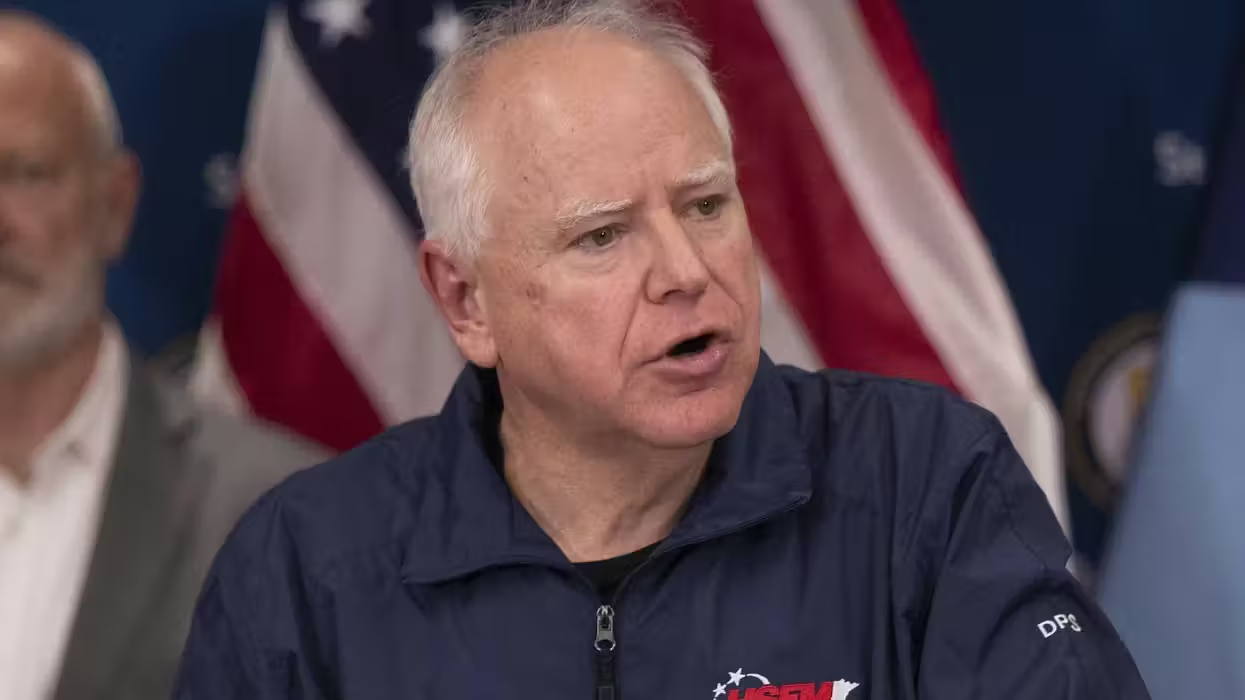
© 2026 Blaze Media LLC. All rights reserved.
In 2011 Consumer Reports data revealed millions of Facebook users were under the age of 12. Facebook founder and CEO Mark Zuckerberg responded to the report saying Facebook should challenge the Children’s Online Privacy and Protection Act (COPPA), the federal law that prevents social outlets from legally signing up members under the age of 13. But the number of child Facebook users should be unsurprising given that there are currently no enforced legal protections. The earlier a company gets access to a child’s data, the greater the opportunity to build brand loyalty and reap the profits that come with it.
As a child advocate and a parent, I find this deeply disturbing. Our society is on a major collision course, split between the public interest and the interests of leading technology companies. The fallout from the impact will be sure to have an injurious effect on our children for years to come.
Technology-industry leaders don’t often consider the social consequences of their fixation on data accumulation. Their business models profit on their ability to mastermind ever-better, faster means of data collection. But engineers must recognize the consequences of their work. What are the implications for a vulnerable child of a mindset that seeks expedient data collection at nearly any cost? Nobody seems to be asking what it means to be a socially responsible technology-company CEO, or how parents are supposed to raise healthy, well-adjusted children without forbidding them altogether from social networking.
In the 1990s leading executives and companies in traditional media held sway over politicians because of their impact on election campaigns. Similarly, today’s technology leaders influence the very politicians elected, in part, to rein them in on the public’s behalf. Not only is Silicon Valley a gold mine of campaign cash, political candidates now conduct much of their campaigns on social-media platforms. Political fortunes and technology companies have become increasingly intertwined.
It isn’t an oversight that no substantial children’s-privacy legislation has been passed by Congress since 1998. As politicians on both sides of the aisle fawn over leading technology-firm and social-media-company executives. Facebook, Google and other gargantuan sites have massively increased their use of Capitol Hill-based lobbyists and lawyers. That’s why each of us must insist on a clear code of ethics and social responsibility for technology. The Children’s Television Act of 1990 led to the media industry being held accountable by the public and government. Sadly, due to deregulation this set of public-interest responsibilities has diminished over the past three decades. Leaving no clear set of standards of accountability in the digital-technology space is a danger we cannot risk with our children.
The more digital media shapes our lives, the more we need accountability from executives who dominate the industry. Digital media and the vast changes it brings are here to stay - so it is up to each of us as parents, citizens and computer users to insist the technology sector acts as a positive social influence.
Want to leave a tip?
We answer to you. Help keep our content free of advertisers and big tech censorship by leaving a tip today.
Want to join the conversation?
Already a subscriber?
more stories
Sign up for the Blaze newsletter
By signing up, you agree to our Privacy Policy and Terms of Use, and agree to receive content that may sometimes include advertisements. You may opt out at any time.
Related Content
© 2026 Blaze Media LLC. All rights reserved.
Get the stories that matter most delivered directly to your inbox.
By signing up, you agree to our Privacy Policy and Terms of Use, and agree to receive content that may sometimes include advertisements. You may opt out at any time.






